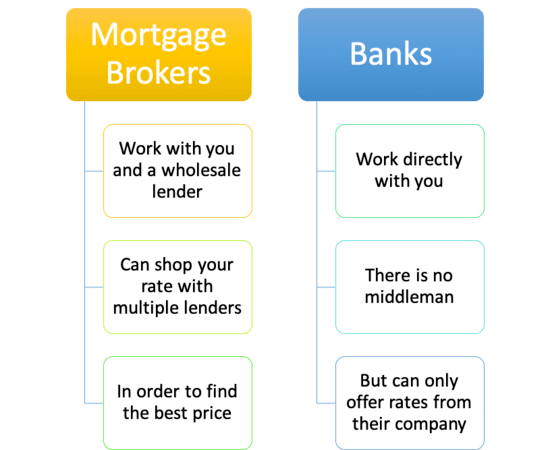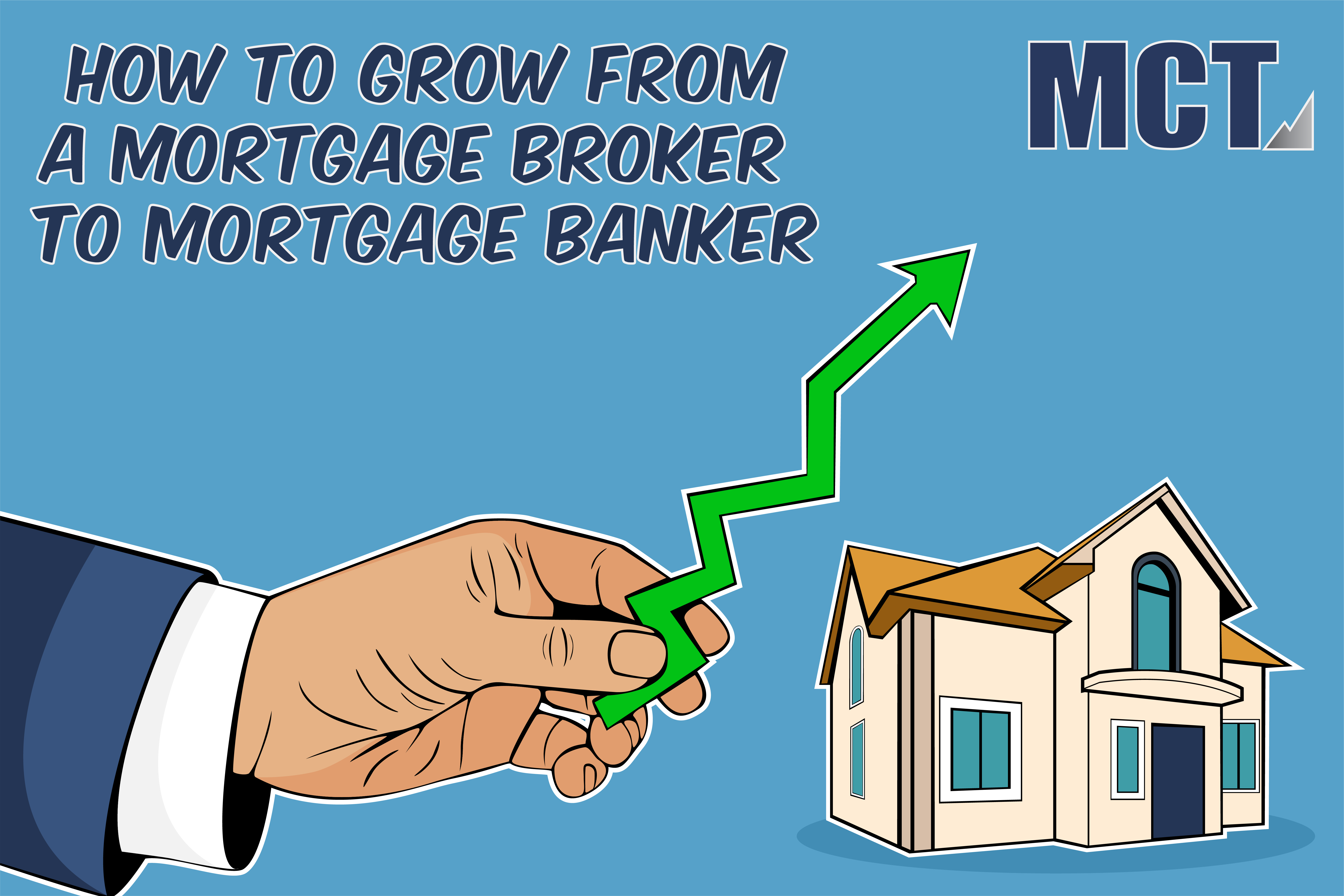Jumbo Loan: The Best Financing Option for High-Priced Houses
Recognizing What a Jumbo Loan Entails and How It Differs From Conventional Fundings
Navigating the complexities of jumbo lendings exposes a financing option customized for those venturing into high-value real estate, normally surpassing the restrictions established by the Federal Real Estate Financing Agency. The significant threat linked with big lendings necessitates a lot more rigid certification needs, including greater credit score ratings and significant down payments.
Interpretation of Jumbo Finances
Jumbo lendings are a sort of home mortgage that exceed the adhering lending restrictions set by the Federal Real Estate Money Firm (FHFA) These lendings satisfy consumers who need to fund homes that are much more expensive than what standard finance limits permit. The FHFA develops yearly adjusting loan limitations, and any loan surpassing these thresholds is categorized as a jumbo loan.
Normally, jumbo finances are made use of in high-cost realty markets where home costs considerably go beyond nationwide averages, such as in metropolitan areas or deluxe real estate markets. As these lendings are not qualified for acquisition by Fannie Mae or Freddie Mac, they bring integral threats for lending institutions due to their larger dimension and non-conformity (jumbo loan). Lenders usually enforce much more strict credentials standards for jumbo lendings than common conforming fundings.
Debtors looking for big finances must typically show a strong economic account, consisting of a higher credit rating, durable earnings confirmation, and considerable down repayment, usually 20% or more. In addition, loan providers might require more comprehensive paperwork to evaluate the customer's capacity to manage larger month-to-month repayments. Comprehending the details qualities of jumbo fundings is critical for possible borrowers navigating this section of the home mortgage market.
Traditional Financings Introduction
While jumbo finances deal with high-value residential or commercial property financing, standard finances represent the more common home mortgage alternative in the housing market. These fundings are not insured or assured by any type of government entity, such as the Federal Housing Administration (FHA) or the Division of Veterans Affairs (VA) Rather, they are backed by exclusive loan providers and stick to guidelines set by government-sponsored ventures (GSEs) like Fannie Mae and Freddie Mac.
Traditional lendings are normally used with taken care of or flexible rates of interest and vary in terms of duration, commonly extending 15 to thirty years. Consumers typically prefer conventional financings for their foreseeable monthly settlements, which can facilitate lasting financial planning. Additionally, they are offered for key houses, 2nd homes, and financial investment buildings, supplying versatility to satisfy varied customer requirements.

Key Distinctions Between Lendings
At the leading edge of this decision-making process are big loans and standard fundings, each possessing distinct features and offering various customer demands. Big financings exceed the conforming car loan limitations set by the Federal Housing Finance Firm (FHFA), which vary by area.

In addition, the down repayment requirements can vary this page substantially. Big financings usually call for larger down payments, occasionally going beyond 20%, to alleviate threat. Traditional finances, conversely, may permit for lower deposits, with some programs approving as little as 3% for professional buyers.
Certification Demands
Safeguarding a big funding includes fulfilling a lot more rigorous certification requirements contrasted to conventional finances, showing the enhanced threat to lenders. These loans, which surpass the adapting finance restrictions established by the Federal Housing Money Agency (FHFA), are not eligible for acquisition by Freddie Mac or Fannie Mae, thereby exposing lenders to higher monetary danger - jumbo loan. Because of this, customers have to show a high credit reliability and economic stability
A robust credit rating, typically 700 or higher, is essential for approval. Lenders likewise anticipate a reduced debt-to-income (DTI) ratio, commonly not exceeding 43%, ensuring that consumers can take care of significant regular monthly settlements alongside other economic responsibilities. In addition, a considerable cash get is typically called for, generally totaling up to 6 months of home mortgage repayments, to guarantee lenders of the borrower's economic strength.
Deposit assumptions are also raised, frequently beginning at 20% or more of the residential property's value. While this is a guard for lending institutions, it requires considerable upfront capital from debtors. In addition, evidence of consistent, adequate revenue is important, typically validated with tax returns, W-2s, and recent pay stubs. Freelance people may need to supply further documents, such as revenue and loss declarations, to confirm their revenue stability.
Picking the Right Finance
Navigating the complexity of big loans calls for careful factor to consider visit our website when selecting one of the most suitable lending option. With the broader variety of options available to those seeking big fundings, the decision-making process needs to entail a detailed analysis of one's economic profile and long-term objectives. Unlike conventional finances, big loans typically include stricter demands and differed passion rates, which require detailed research and a clear understanding of one's financial standing.
When picking in between various big finance offerings, it is necessary to evaluate the car loan terms, including rate of interest, repayment timetables, and linked costs. Debtors ought to compare the rates provided by different lending institutions to guarantee they secure the most desirable terms. Furthermore, understanding the effects of taken care of versus variable-rate mortgages (ARMs) is crucial, as each choice provides distinct advantages and risks depending upon market conditions and individual monetary methods.
Involving with a monetary advisor or home loan broker can offer useful insights customized to specific circumstances. These professionals can help in browsing the nuances of big lendings, ensuring that consumers are well-informed and geared up to choose a loan that aligns with their financial goals, eventually promoting a smoother home-buying process.
Final Thought
In recap, jumbo loans function as a monetary tool for acquiring high-value properties, demanding rigorous qualification needs and higher interest rates as a result of the raised threat for loan providers. Unlike traditional finances, which adhere to FHFA limitations and may get backing from Fannie Mae or Freddie Mac, jumbo car loans need a minimal credit report rating of 700 and considerable down payments. Understanding these differences is critical for borrowers in high-cost property markets to establish one of the most ideal funding choice for their needs.
The FHFA develops annual adhering funding limits, and any financing exceeding these thresholds is classified as a big finance.
At the forefront of this decision-making procedure are conventional car loans and jumbo finances, each possessing distinct qualities and serving various customer requirements.Securing a jumbo funding entails fulfilling extra rigorous certification requirements compared to traditional finances, reflecting the increased threat to lenders. Unlike standard fundings, big fundings frequently come with more stringent demands and differed rate of interest rates, which necessitate thorough research study and a clear understanding of one's financial standing.
Unlike conventional car loans, which adjust to FHFA limits and might receive backing from Fannie Mae or Freddie Mac, big car loans call for a minimal credit history score of 700 and considerable down payments.